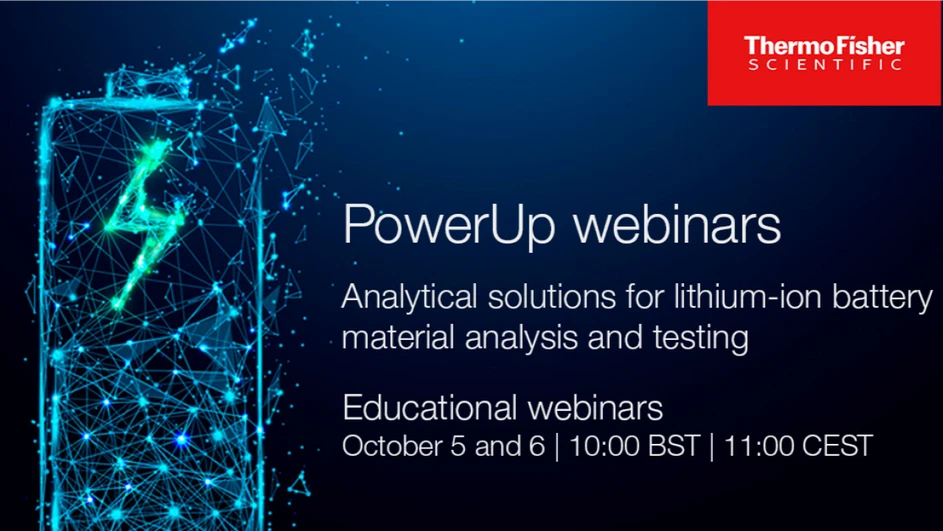Analysis of battery electrolytes

Electrolyte plays a key role in transporting the positive lithium ions between the cathode and anode, and consequently the charging and discharging performance of the battery. Therefore, electrolyte composition needs to be checked for potential impurities to ensure high quality and performance of a battery. At the same time the electrolyte is also a sample type that allows the investigation of ageing processes, as degradation products from all components of the battery can accumulate within it over time. Depending on analytical challenge different analytical techniques can be applied to investigate the chemical compounds in the electrolyte, as for instance salts, ionic species, organic solvents, metals, and others.
Different analytical techniques can be applied for electrolyte analysis and testing. For instance, anions of lithium salts can be determined by ion chromatography (IC) to ensure that the solutions have been prepared at the proper concentrations. Gas chromatography (GC) or gas chromatography–mass spectrometry (GC-MS) can be used to provide the qualitative and quantitative composition of organic solvents in the electrolyte and aging byproducts. The inductively coupled plasma optical emission spectrometry (ICP-OES) or mass spectrometry (ICP-MS) provides robust and sensitive measurement of trace element impurities.
This webinar we are going to present how some of those techniques can be used for lithium-ion battery electrolyte analysis and quality testing.
Learning points:
- Learn about analytical solutions for lithium-ion battery material and structural analysis
- Learn how IC, GC-MS, ICP-OES, and SEM support battery value chain from raw materials to recycling
- Learn about different applications and performance demonstrated with selected analysis examples
Who should attend:
- Battery material analysis laboratory managers and analysts
- Battery cell manufacturers and their QA/QC personnel
- Scientists working in battery research and development
Presenter: Sukanya Sengupta (Application Specialist, Thermo Fisher Scientific)
Sukanya Sengupta completed her master’s in Geosciences in Kolkata, India in 2011. She moved to Göttingen, Germany in 2012 for her PhD and Post-Doctoral research on understanding early Earth processes using oxygen isotopes. After that Sukanya joined Thermo Fisher Scientific in Bremen in 2020 as Application Specialist for ICP-OES and ICP-MS where she assists customers in their daily laboratory routines for trace elemental analysis. She is engaged in developing new methods and applications, on a variety of different sample types, that fulfil industry as well as research requirements.
Presenter: Paul Voelker (Product Marketing Manager, Thermo Fisher Scientific)
Paul Voelker is an expert in environmental and industrial applications for the ion chromatography and mass spectrometry division at Thermo Fisher Scientific. Paul has more than 25 years of experience in business, marketing, and product marketing management in environmental, industrial, and pharma/biopharma markets. He holds a Bachelor of Science degree in Chemistry from California State University at Hayward, and a Master of Science in Chemistry from the University of California at Davis, and has eight publications and seven patents to his credit.
Presenter: Nicholas Warner (Product Specialist, Thermo Fisher Scientific)
Nicholas is a product specialist with a strong scientific background in GC and GC-MS applications. He is originally from Halifax, Nova Scotia (Canada). After working as an environmental researcher for 14 years within Tromsø, Norway, he recently moved to Germany to work for Thermo Fisher Scientific. With a background in Environmental/Analytical chemistry, he is a specialist in the analysis of emerging harmful substances in the environment using gas chromatography mass spectrometry and high-resolution mass spectrometry.
